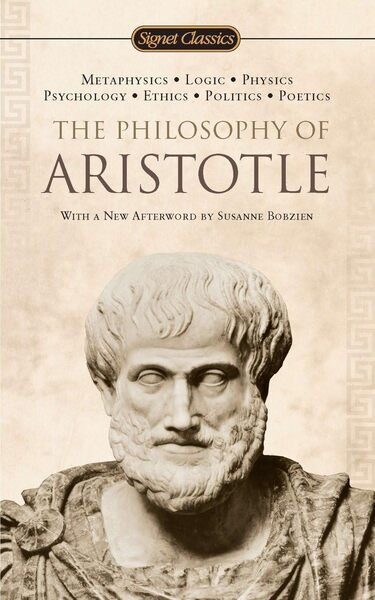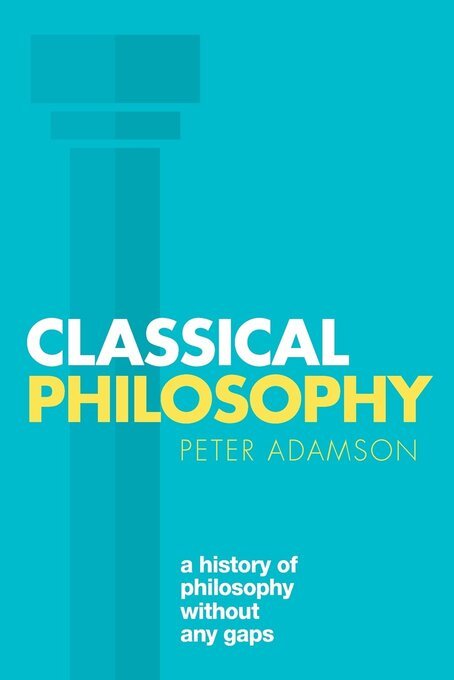How Classical Philosophy Impacts Personal Growth: Timeless Wisdom for Modern Life
How Classical Philosophy Impacts Personal growth: Classical philosophy has stood the test of time.
Its lessons are just as relevant today as they were centuries ago.
When it comes to personal growth, these ancient teachings can guide us toward a better understanding of ourselves and the world.
In this article, we’ll explore How Classical Philosophy Impacts Personal Growth.
We’ll look at key thinkers and their timeless ideas that help us lead more fulfilling lives.

1. Why Classical Philosophy Still Matters
You might think philosophy belongs in old books or college classrooms.
But it’s so much more than that.
Classical philosophy focuses on human behavior, morality, and the pursuit of happiness.
These topics are central to personal growth.
Philosophers like **Zeno of Citium**, **Hypatia of Alexandria**, and **Diogenes of Sinope** explored ideas that inspire reflection and self-improvement.
They addressed questions we still ask today:
How can I be happy?
What’s the meaning of life?
How can I grow as a person?
The answers they offered might surprise you.
And they’re incredibly useful for navigating the complexities of modern life.
2. Zeno of Citium: Building Resilience Through Stoicism
Zeno founded Stoicism, a philosophy focused on self-control and resilience.
He taught that we should focus only on what we can control.
How Zeno’s Teachings Inspire Personal Growth:
– Control Your Emotions**: Zeno believed emotions shouldn’t dictate our decisions. By practicing self-control, we grow emotionally stronger.
– Accept What You Can’t Change**: Resilience grows when you stop resisting life’s hardships and start adapting to them.
– Live by Virtue**: Zeno emphasized living with integrity. When we align our actions with our values, we grow into better versions of ourselves.
Stoicism encourages self-discipline, which is essential for personal growth.
It’s a reminder that we can’t always control life, but we can control ourselves.
3. Hypatia of Alexandria: The Power of Knowledge and Curiosity
Hypatia, a philosopher and mathematician from ancient Alexandria, championed the pursuit of knowledge.
She believed in lifelong learning and self-awareness.
Lessons From Hypatia for Personal Growth:
– **Be Curious**: Hypatia encouraged questioning everything. Curiosity leads to growth and helps us understand ourselves better.
– **Value Knowledge**: She believed that education enriches the soul. The more we learn, the more we expand our potential.
– **Stand for Truth**: Hypatia risked her life for her beliefs. Her courage inspires us to live authentically, no matter the cost.
Hypatia’s teachings remind us that growth comes from curiosity and a commitment to understanding ourselves and the world.

4. Diogenes of Sinope: Simplicity and Self-Awareness
Diogenes, a founder of Cynicism, lived with simplicity and honesty.
He believed material possessions didn’t define happiness.
How Diogenes Guides Personal Growth:
– **Embrace Simplicity**: Diogenes taught that less is more. Simplifying our lives helps us focus on what truly matters.
– **Practice Self-Awareness**: He often challenged societal norms, encouraging people to examine their own values and beliefs.
– **Seek Freedom**: Diogenes believed personal freedom comes from living authentically, not seeking approval from others.
Diogenes’ approach inspires us to live simply and reflect deeply, which fosters genuine personal growth.
5. Aristotle: Growth Through Habits and Balance
Aristotle believed that personal growth happens through habits.
He encouraged finding balance in all areas of life.
Aristotle’s Key Teachings for Growth:
– **Practice Daily Habits**: Aristotle said, “We are what we repeatedly do.” Build small habits that lead to big changes.
– **Seek Balance**: His “Golden Mean” advises avoiding extremes. Growth comes from harmony, not excess.
– **Pursue Meaning**: Aristotle believed true happiness comes from fulfilling our potential. Growth requires purpose and intention.
Aristotle’s wisdom teaches us that personal growth isn’t accidental. It’s the result of consistent, intentional effort.
6. Epicurus: Finding Joy in Simplicity
Epicurus focused on living a life of pleasure—not indulgence, but meaningful joy.
He believed personal growth comes from appreciating life’s simple pleasures.
Epicurean Insights for Growth:
– **Value Relationships**: Epicurus believed that friendships were key to happiness. Surround yourself with supportive people.
– **Appreciate the Small Things**: He taught that joy comes from simple moments, like a meal with loved ones or a quiet sunset.
– **Avoid Excess**: Epicurus warned that chasing too much leads to dissatisfaction. Personal growth thrives on balance and gratitude.
Epicurus inspires us to seek happiness in simplicity, which can profoundly impact personal growth.
7. Seneca the Younger: Growth Through Adversity
Seneca, a Roman Stoic, taught that adversity is an opportunity for growth.
Challenges reveal our strengths and build resilience.
Seneca’s Teachings for Thriving in Tough Times:
– **Face Challenges Boldly**: Seneca believed hardships help us grow. Embrace challenges as opportunities to build character.
– **Practice Gratitude**: He taught that appreciating what we have builds mental strength. Gratitude fuels personal growth.
– **Reflect Daily**: Seneca encouraged daily self-reflection. This practice helps us learn from mistakes and grow continuously.
Seneca’s wisdom reminds us that growth often comes from facing life’s toughest moments.
8. Pythagoras: Harmony and Balance in Life
Pythagoras, best known for his contributions to mathematics, also explored harmony in personal growth.
He believed that balance and order were essential for a fulfilled life.
Pythagorean Principles for Growth:
– **Seek Balance**: Pythagoras emphasized harmony in all aspects of life. Growth thrives when we maintain balance.
– **Embrace Structure**: He believed order brings clarity. Organizing your time and space fosters a productive mindset.
– **Focus on Inner Harmony**: Pythagoras linked personal growth to inner peace. Meditation and mindfulness help align your mind and body.
Pythagoras teaches us that balance and structure are vital for personal growth and self-awareness.
9. Cicero: Growth Through Connection and Communication
Cicero, a Roman statesman and philosopher, valued connection and eloquence.
He believed that personal growth happens through meaningful relationships and clear communication.
Cicero’s Lessons for Growth:
– **Cultivate Friendships**: Cicero valued deep, loyal friendships. Building strong relationships enhances our personal growth.
– **Communicate Clearly**: He taught that expressing ourselves effectively is a sign of growth and maturity.
– **Pursue Virtue**: Cicero believed personal growth happens when we act with integrity and courage.
Cicero reminds us that relationships and communication are integral to becoming the best version of ourselves.
Final Thoughts: Applying Classical Philosophy to Your Growth
Classical philosophy offers profound insights into personal growth.
From resilience to simplicity, these timeless ideas can transform how we approach life.
Each philosopher brings a unique perspective, but they all share one common thread: the belief that growth begins within.
Start small. Maybe adopt one teaching that resonates with you, and incorporate it into your daily life.
Over time, these ancient lessons can inspire profound growth, helping you become more self-aware, balanced, and fulfilled.
Remember, personal growth is a journey, not a destination.
The wisdom of classical philosophy lights the way.




